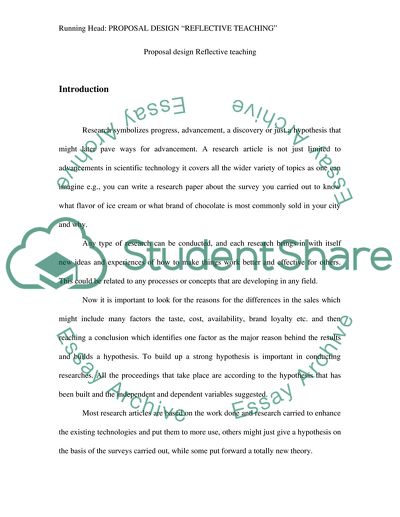Cite this document
(Reflective Teaching Practiced at the Higher Education Level Research Proposal, n.d.)
Reflective Teaching Practiced at the Higher Education Level Research Proposal. Retrieved from https://studentshare.org/education/1568415-proposal-design
Reflective Teaching Practiced at the Higher Education Level Research Proposal. Retrieved from https://studentshare.org/education/1568415-proposal-design
(Reflective Teaching Practiced at the Higher Education Level Research Proposal)
Reflective Teaching Practiced at the Higher Education Level Research Proposal. https://studentshare.org/education/1568415-proposal-design.
Reflective Teaching Practiced at the Higher Education Level Research Proposal. https://studentshare.org/education/1568415-proposal-design.
“Reflective Teaching Practiced at the Higher Education Level Research Proposal”, n.d. https://studentshare.org/education/1568415-proposal-design.


